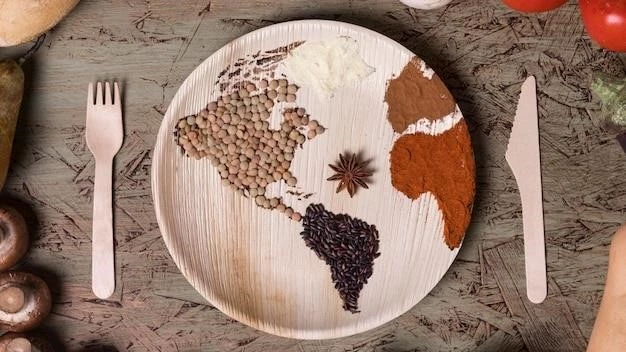Tasting the Bizarre: Adventures in Global Food Customs
As a self-proclaimed foodie with an insatiable curiosity for the world’s diverse cultures, I’ve always found joy in exploring new culinary horizons. But let me tell you, some experiences transcend mere “newness” and plunge headfirst into the realm of the utterly bizarre. Buckle up, dear readers, as I recount my personal encounters with strange food traditions from around the globe.
1. A “Cheesy” Situation in France
My first stop on this gastronomic adventure was France, the land of love, baguettes, and apparently, some very particular cheese etiquette. Now, I’m a cheese enthusiast, so imagine my horror when I learned that requesting cheese in certain, less touristy areas is a big no-no. Apparently, it’s like telling the chef their creation isn’t flavorful enough.
During my trip to a charming village in Provence, I witnessed this firsthand. A fellow traveler, oblivious to this unwritten rule, asked for some Camembert to accompany their perfectly delightful seafood stew. The look the waiter gave him could have curdled milk. Needless to say, we all learned a valuable (and slightly embarrassing) lesson that day.

2. Chopstick Conundrums in Japan
My culinary quest continued eastward to Japan, a land where food is elevated to an art form. However, even the most beautifully crafted sushi can’t distract from the strict web of cultural customs surrounding dining. Take chopsticks, for example. I was already a bit shaky on my chopstick skills, but learning that passing food with them is a major faux pas, reminiscent of funeral rites, made me even more self-conscious.
I vividly remember dining with a group in Kyoto and clumsily trying to share some tempura with my chopsticks, completely unaware of the cultural implications. The horrified gasps from my fellow diners were enough to make me drop my chopsticks (another no-no, I later learned) in mortification. Let’s just say I stuck to using my serving chopsticks diligently after that.
3. Time-Bending Traditions in Tanzania
From the precise rituals of Japan, I journeyed to the vibrant landscapes of Tanzania, where the concept of time itself seemed to bend to the rhythm of local customs. Here, I discovered that punctuality, a virtue I prided myself on, is surprisingly, not a sign of respect. Arriving on time for a meal is actually considered an insult, implying you’re too eager to eat.
I found this out the hard way when I arrived promptly for a delicious home-cooked feast prepared by a local family. My host, a kind woman named Abeni, looked genuinely surprised (and slightly amused) by my eagerness. “My dear,” she chuckled, “we don’t rush time here. Relax, enjoy the company, and the food will be ready when it’s ready.”

4. Leftovers and Compliments in China
My travels next took me to the bustling streets and rich culinary history of China. I’d been warned about the differences in dining etiquette but nothing prepared me for the concept of leaving food on your plate as a compliment to the host.
During a multi-course banquet in Beijing, I diligently finished every last morsel, impressed by the variety and deliciousness of each dish. It wasn’t until my host looked slightly offended that I realized I had committed a major social faux pas. Apparently, by clearing my plate, I implied that the host hadn’t provided enough food! It was a valuable lesson in cultural sensitivity and the nuanced ways food intertwines with social customs.
A World of Culinary Wonders
These experiences, though sometimes awkward, taught me so much more than just how to hold my chopsticks or when to arrive for dinner. They opened my eyes to the incredible diversity of human traditions and the importance of approaching new cultures with humility and a willingness to learn.
So, my fellow food adventurers, as you embark on your own culinary explorations, remember to savor not just the flavors, but also the stories and customs that make each bite a window into the heart of a culture. You might be surprised at what you discover!










